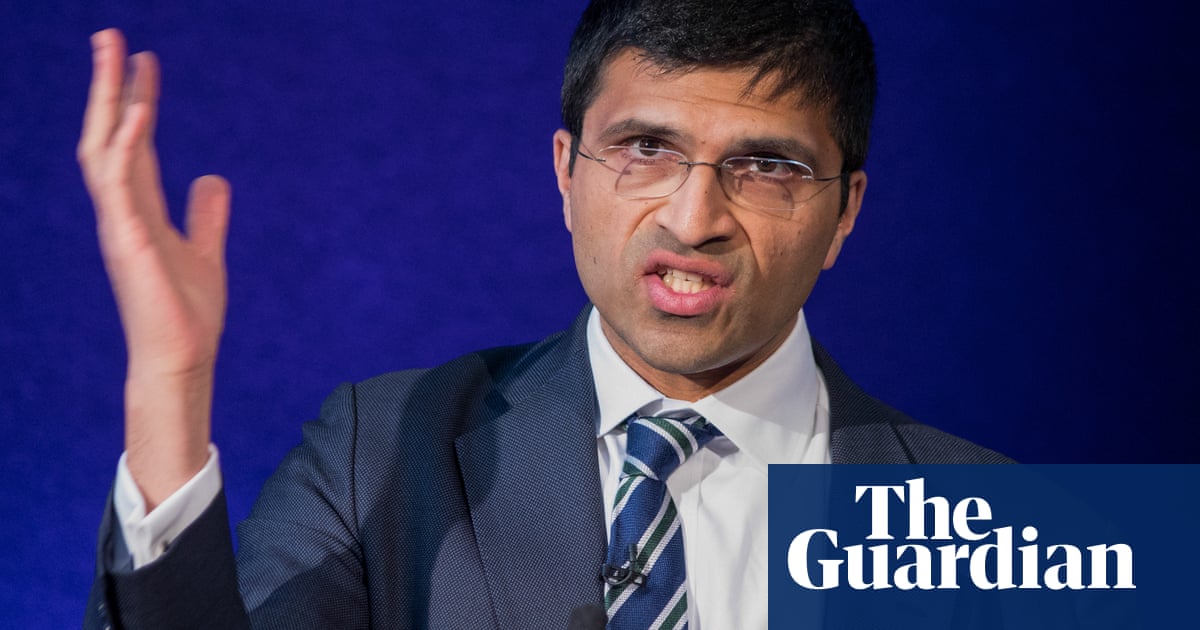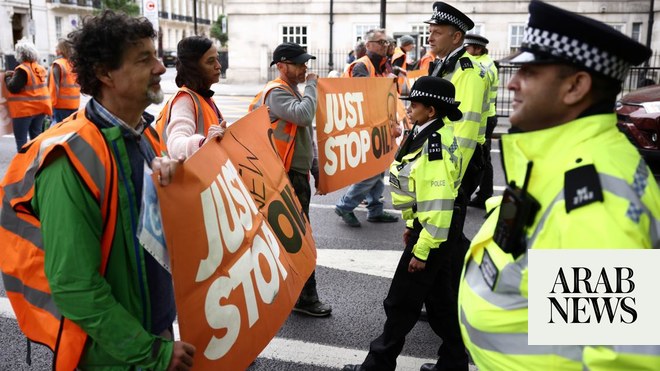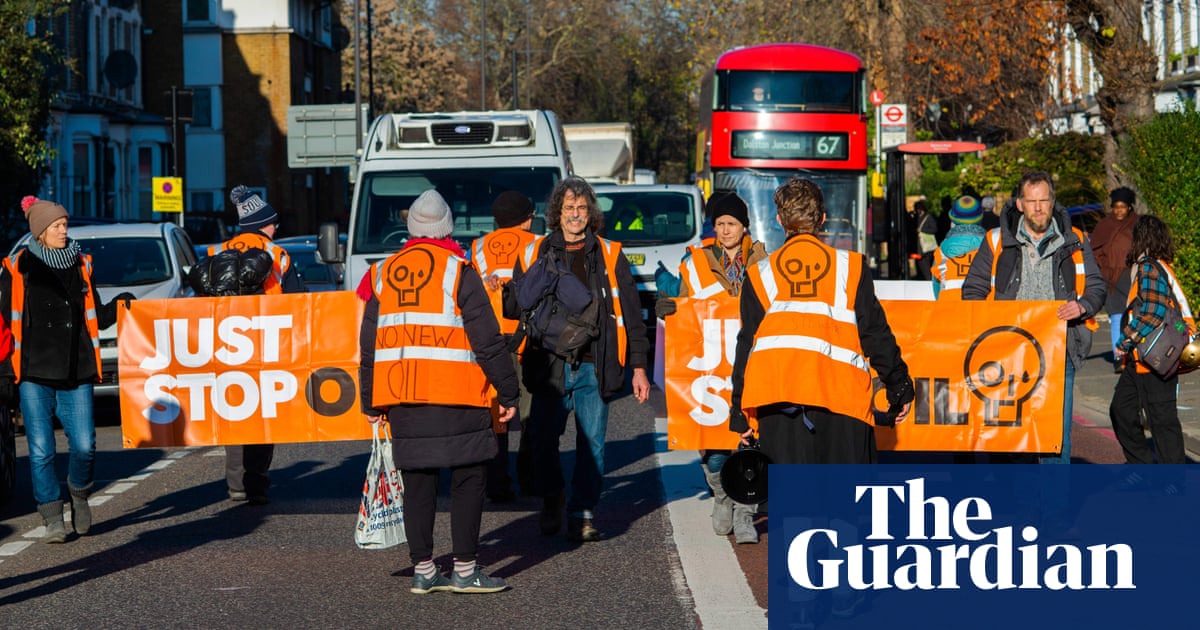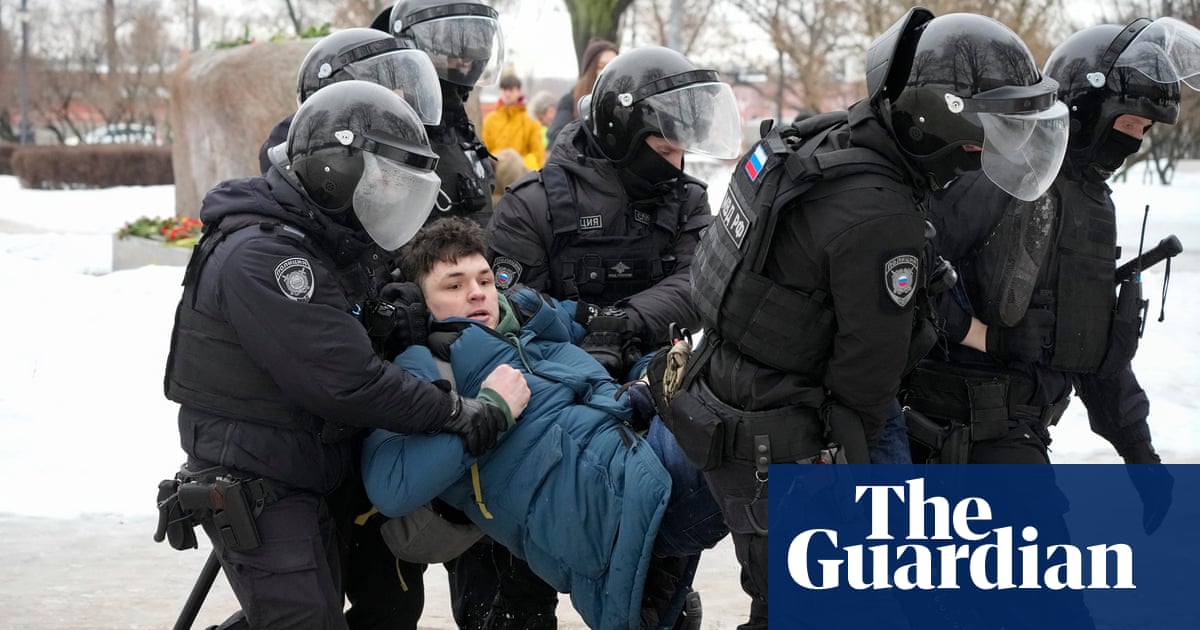
Lebanon was thrown into further uncertainty with Tuesday’s surprise resignation of Prime Minister Saad Hariri. The embattled leader realized his position was no longer tenable and quit, claiming he wished to make a “positive shock.” However, despite holding the office of prime minister, Hariri was never the principal power in Lebanon. That station is retained by Hassan Nasrallah, the leader of Hezbollah, who holds no official political position.
Hezbollah, the militant Shiite group designated as a terrorist organization by the US, UK and many other nations, and pivotal Iranian proxy in the Middle East, is the dominant political force in Lebanon. Yet Lebanon has witnessed unexpectedly sweeping protests against the entire political leadership of the country in recent days. What happens next depends entirely on how Hezbollah responds to the public demand for free and fair elections.
Lebanon is a state built on a fragile compact between different religious groups, most notably Maronite Christians, Sunni Muslims, Shiite Muslims and Eastern Orthodox Christians, but also groups such as the Druze, atheists and much smaller numbers of Jews, Baha’is, and so on. Whenever there has been a stable balance between the four largest groups, the country has prospered. Whenever that balance has been upset, the country has seen catastrophic civil wars complete with genocidal massacres.
The wonderful thing about the most recent protests is that, for the first time, they are entirely non-sectarian. For the first time in the modern history of this deeply divided country, people are not showing up to protest a rival religious group, they are not waving sectarian flags, and they are not seeking to alter the confessional balance of the political institutions in Beirut. Instead, they are waving the Lebanese flag, people are mixing freely with others from different groups, and they are asking that the respective leaderships of all the confessional groups be removed on account of corruption and mismanagement, to be replaced by people whose main qualification is that they are not corrupt.
So why is Hezbollah pivotal? Though the four largest demographic groups are very nearly equally represented in the Lebanese population at large, Hezbollah is by far the largest and best-organized sectarian political grouping. It emerged from the ill-fated Israeli invasion of Lebanon in 2006 as the “heroes of the whole nation” and has the strongest international backing of all sectarian political parties as a key regional ally of Iran.
But with power must come responsibility. The roots of the current outpouring of popular discontent lie in the fact that Lebanon has suffered a drastic economic downturn over the past year; it has struggled to cope with a significant refugee influx from the Syrian civil war (with the number of refugees now making up almost 25 percent of the pre-conflict population of Lebanon); and years of administrative mismanagement and corruption have been piling up. And though the entire cross-confessional political establishment is being criticized, Hezbollah, as the dominant party, will inevitably end up taking up most of the blame.
The current protests represent a fundamental threat to Hezbollah’s political prominence in Lebanon.
Dr. Azeem Ibrahim
This is why the current protests represent a fundamental threat to Hezbollah’s political prominence in Lebanon, especially given that many Hezbollah foot soldiers are either actively participating in or tacitly approving of the ongoing protests. If there are to be new elections, as the protesters demand, the Hezbollah leadership stands to lose the most.
This explains why Nasrallah has been all over the television in recent days, trying to mollify the protesters by acquiescing to their concerns about corruption and mismanagement, while at the same time trying to discredit parts of the uprising as sponsored by “foreign forces” (read Israel and the US). Party goons have been dispatched to various protest flashpoints to stare down protesters, especially Shiites expected to be supportive of Hezbollah’s positions and interests, and a sinister plot is already afoot to drive a sectarian wedge between the protesters.
The key question, though, is whether Hezbollah will limit itself to these measures as it prepares to accept some kind of decline in its relative power in Lebanon by conceding to the protesters’ demands and holding elections, or whether it treats the protests as a sectarian issue and will start mobilizing its militias to crack down on the protesters and try to concentrate even more power in its hands.
Dr. Azeem Ibrahim is a director at the Center for Global Policy and author of “The Rohingyas: Inside Myanmar’s Genocide” (Hurst, 2017). Twitter: @AzeemIbrahim












